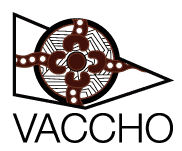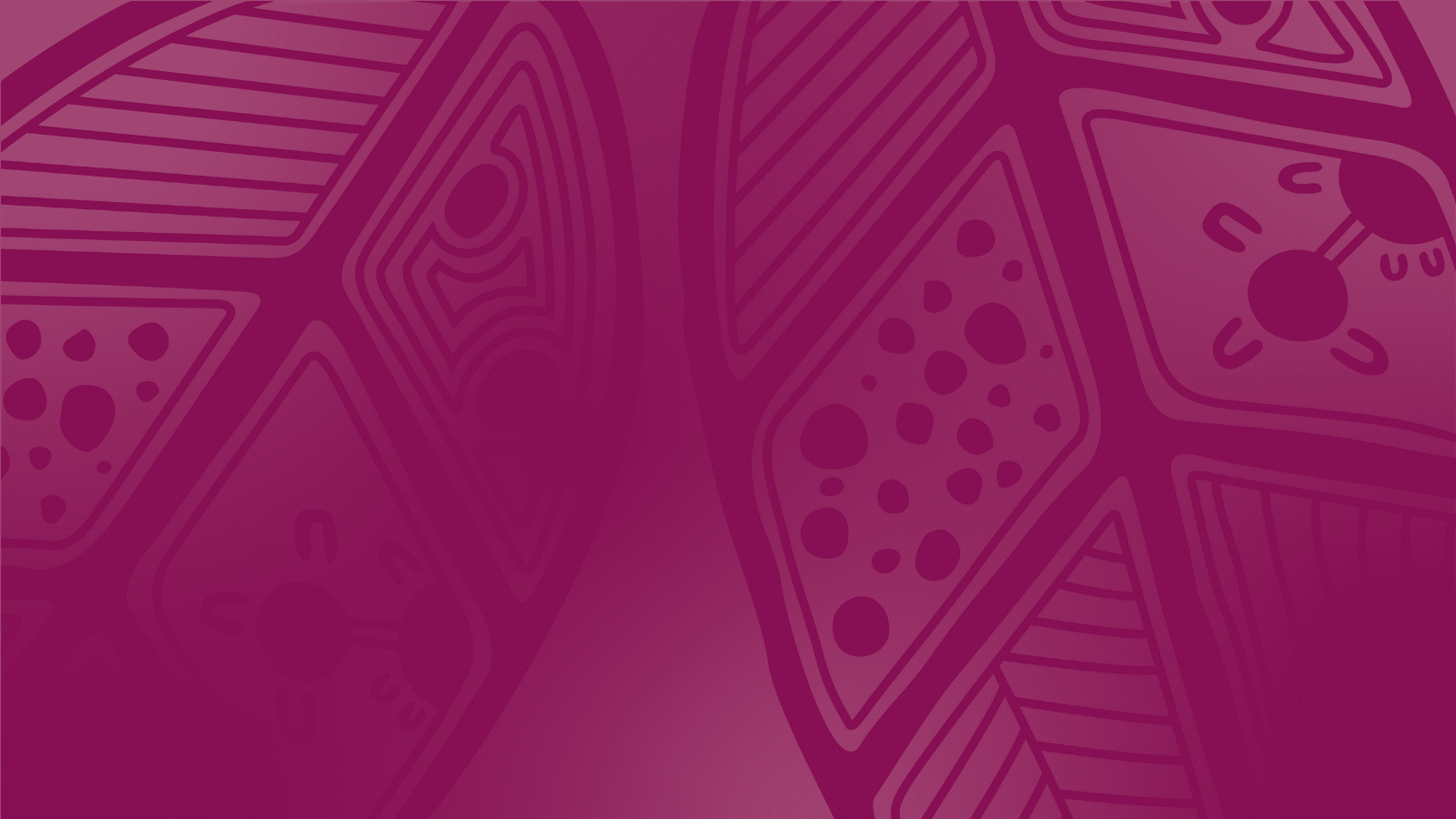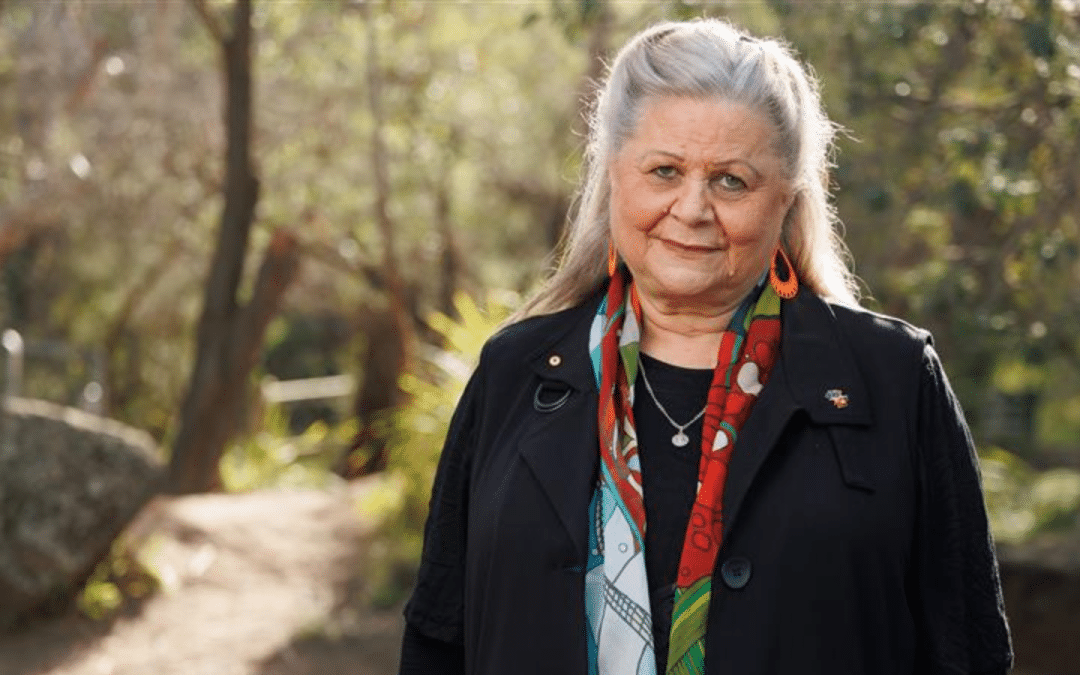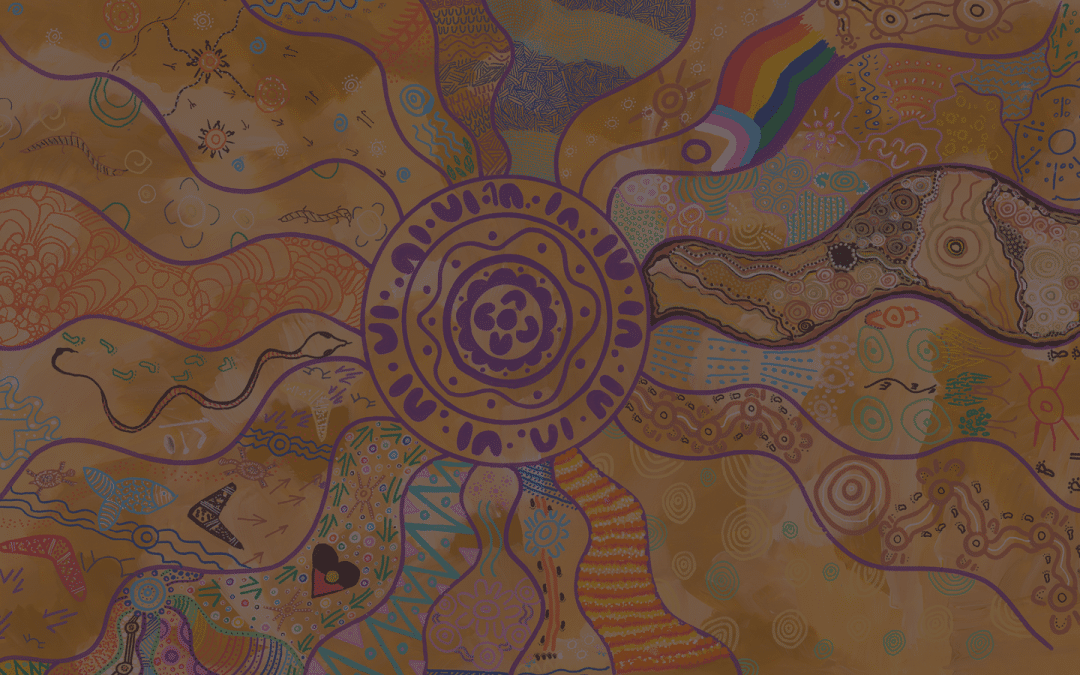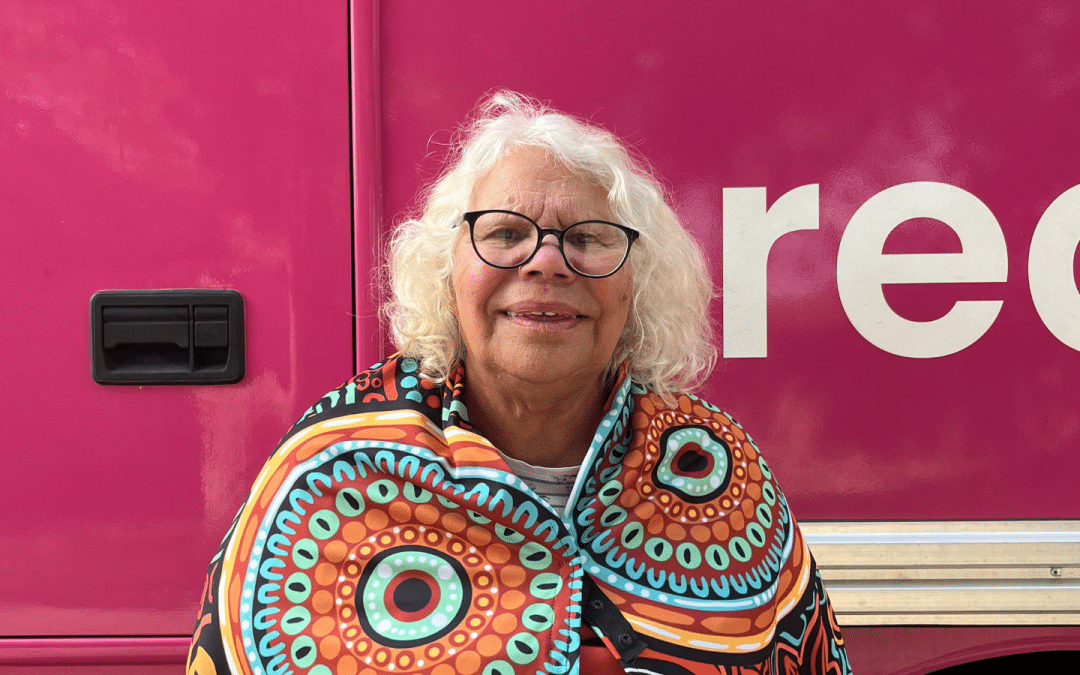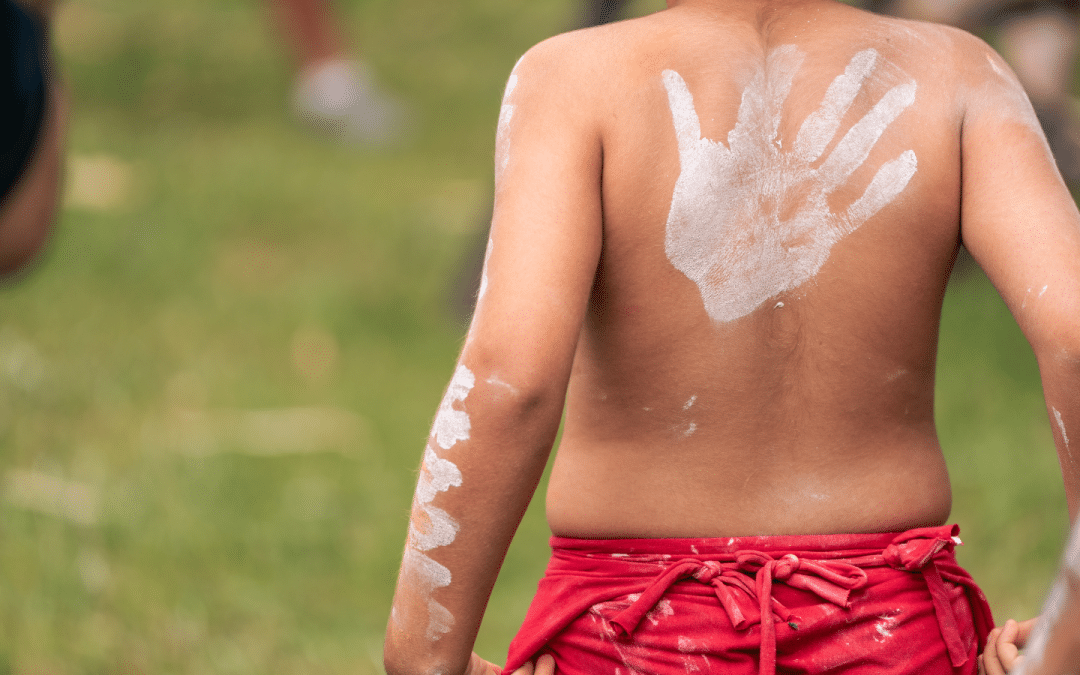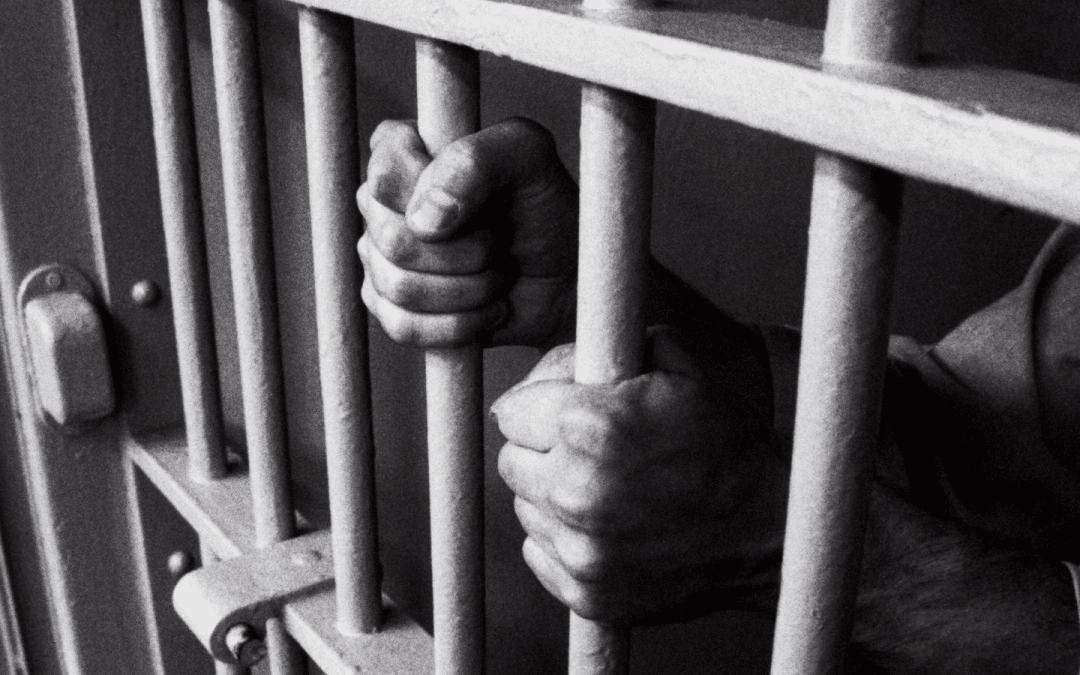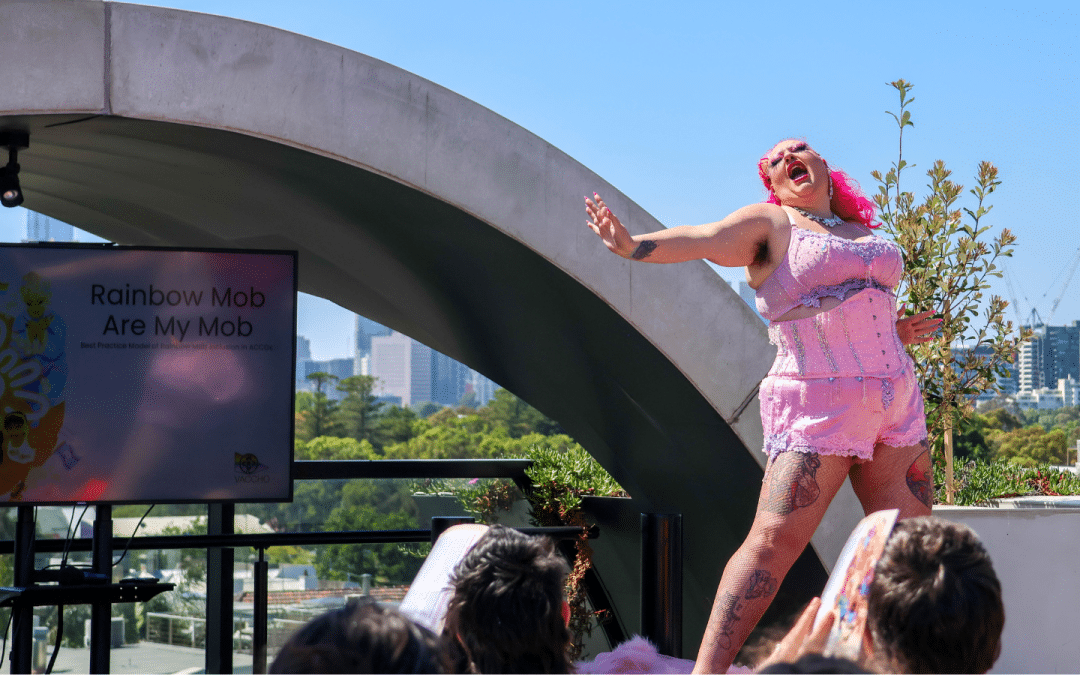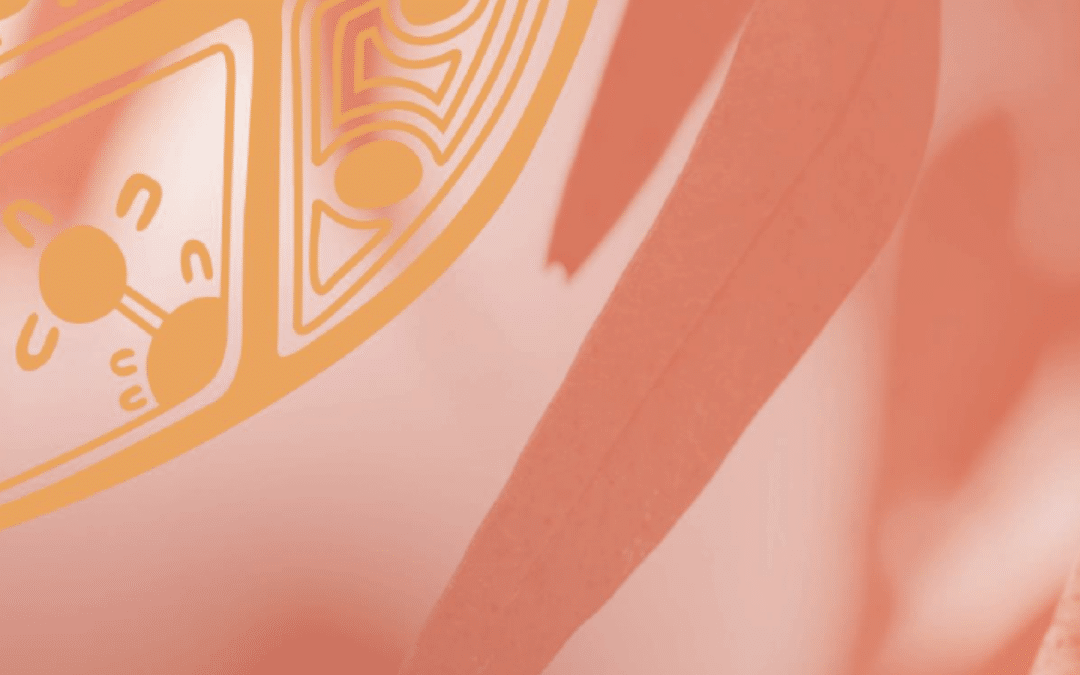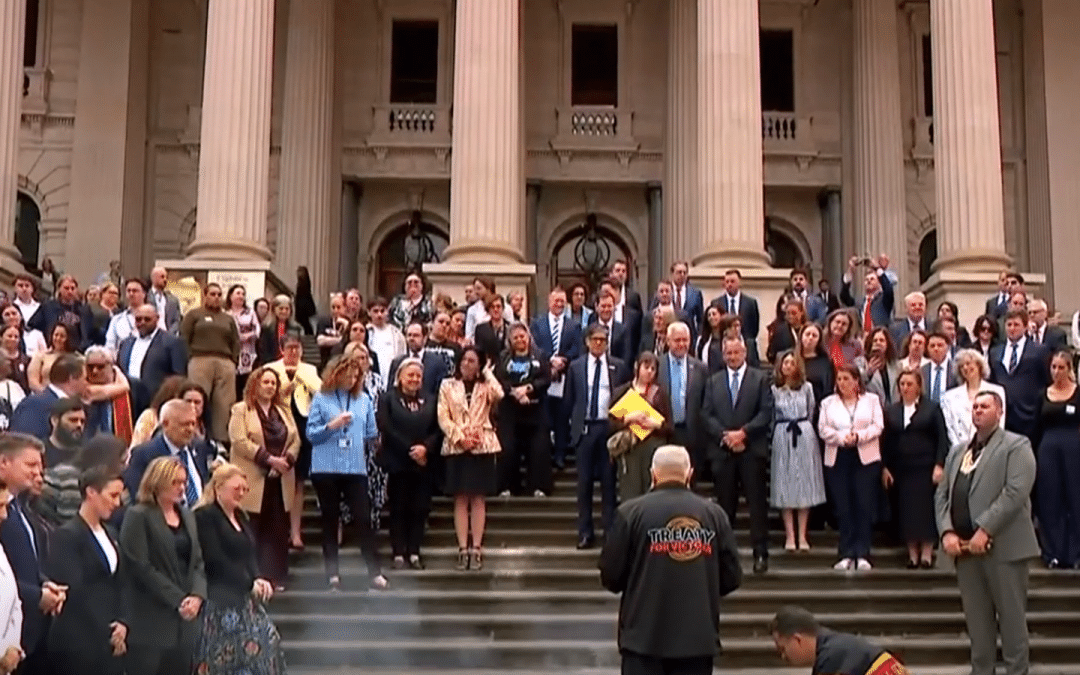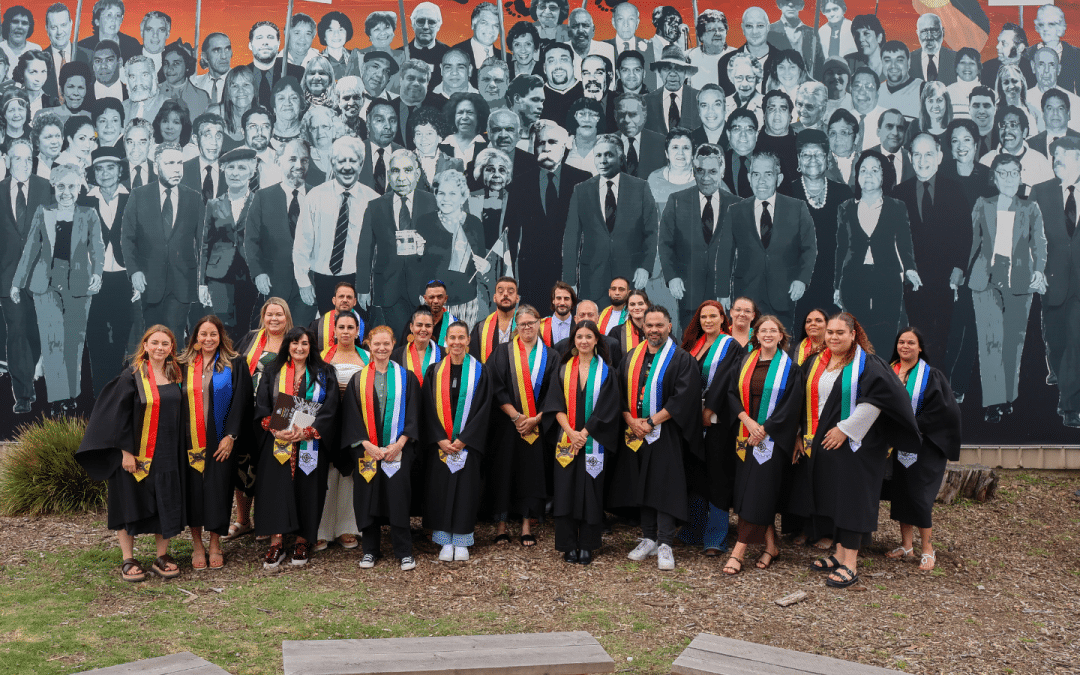by Dr. Jill Gallagher AO, VACCHO CEO
We live in a country that prides itself on “a fair go for all,” and yet racism still remains an insidious force in our political system today.
Our nation’s political discourse has far too often silenced, scapegoated and made our minority communities a political football. Recent years have exposed the extent to which racism is embedded in both rhetoric and policy.
Some political candidates have called for an end to Welcome to Country ceremonies, claiming “We don’t need to be welcomed to our own Country.” The events of the past week have only reinforced that a Welcome to Country is not a political statement, but an important reminder that this country has a rich history that spans far greater than the past two centuries. Welcome to Country ceremonies are ancient cultural protocols that have existed for thousands of years.
Australia has a powerful, deep and continuing Aboriginal history that we should all be proud to belong to. Australians and especially our political leaders, should take pride in the fact that we have the oldest living culture in the world. A vibrant and rich culture that is 65,000 years strong.
The opposition leader, Mr Dutton, made a baffling election pledge that he would not stand with the Aboriginal and Torres Strait Islander flags behind him if he was elected Prime Minister. He was also a loud opposer to the Voice to Parliament in 2023 – the defeat of the which did not simply reflect a country divided, but it underscored the misinformation campaigns that racialised the debate.
An article published in The Lancet earlier this year, highlighted “that leading up to the referendum, Aboriginal and Torres Strait Islander people experienced substantial increases in interpersonal discrimination and racism, including in healthcare settings, and substantial declines in numerous aspects of wellbeing.”
The article also cited that discrimination and racism continue to be elevated and widespread since the referendum – the profound effects of which are evident in many aspects of wellbeing that remain worse than levels seen in the years preceding the referendum.
Some political leaders capitalised on the fears and cultural insecurities of voters, turning what should have been a moment of national unity, into one of division.
The hateful vitriol and racism that filled the news cycle in the lead-up to, and in the aftermath of the referendum has only made things worse for Aboriginal communities.
We can’t ignore it. Racism still exists here in this country, and it is killing our people.
A study by researchers at The Australian National University showed that 30 per cent of Aboriginal and Torres Strait Islander adults experience high or very high psychological distress, compared to 13 per cent of non-Indigenous adults.
According to Professor Ray Lovett, more than 47 per cent of this gap could be caused by eight different types of interpersonal racial discrimination.
Professor Lovett said the health and social inequities we see today between Aboriginal and Torres Strait Islander peoples and non-Indigenous people “are clear, direct consequences of Australia’s settler-colonial history and ongoing racism.”
Aboriginal people have experienced exclusion, discrimination and oppression for over two centuries. Not so long ago, we weren’t even classed as human beings, with the 1971 Census marking the first time Aboriginal and Torres Strait Islander peoples were counted as citizens of their own country since white settlement began.
Even if we had magical powers and we could abolish racism today, the long-lasting damage it has caused since colonisation would remain and need to be reckoned with.
It’s in the dog-whistle politics used to appeal to particular voters. It’s in the refusal to engage meaningfully with Aboriginal communities or to acknowledge the historic and ongoing impacts of colonisation.
Many Australians may prefer to assume that racism is buried somewhere in the past and not relevant anymore, but the truth is, it’s still alive and kicking.
In 2025, we still have a significant gap in life expectancy between Indigenous and non-Indigenous Australians.
We still have disproportionately higher rates of incarceration. We’re more likely to go to prison than go to university – and it’s not for serious crimes either. It’s for crimes of poverty such as shoplifting or unpaid fines.
We’re more likely to be locked up and die in custody and we are also more likely to die from preventable chronic disease.
When leaders make divisive comments or targeted, divisive election commitments, it sends a strong message to the Australian community that such behaviour is acceptable. It empowers hate groups. It deepens social divides.
Australia can and must do better.
We need to hold our political leaders accountable for racialised language and policies. We as voters need to take responsibility too. We must take a stand, listen critically, educate ourselves and call it out when we see it.
If you don’t know – you must find out. Learn.
Racism in politics is not just a moral failure; it’s a threat to democracy itself and a real threat to individuals.
Until we confront it head-on, we cannot truly call ourselves a fair and equal country.
